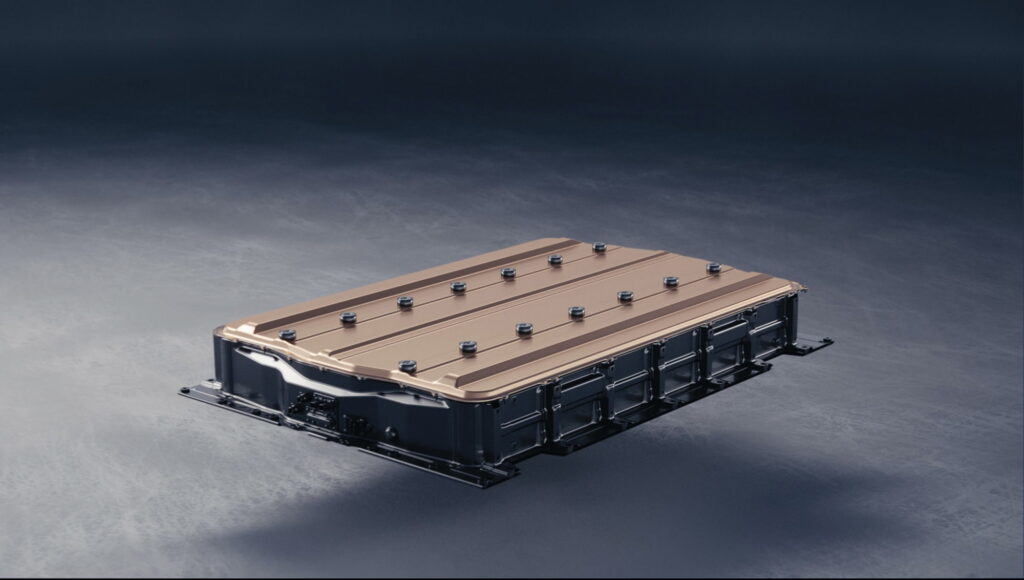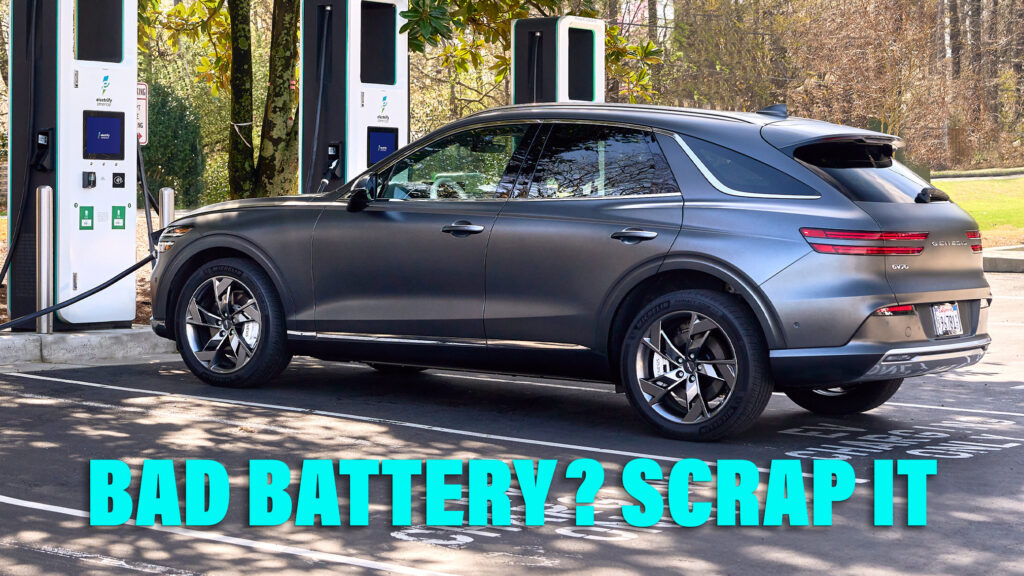Proprietary battery systems and the novelty of the technology mean that repairing even minor faults in electric vehicles can be extremely difficult, not to mention costly too. That leads numerous insurance companies to simply scrap EVs with only minor faults, which is problematic not only for insurers, but owners and the environment as well.
This even affects vehicles involved in minor accidents whose battery packs have only a small amount of damage. Insurers and mechanics complain that there’s no simple way to check on the status of the batteries, meaning it has to be thrown out completely lest the companies face liability in the event of future faults, reports Reuters.
As a result, insurers are opting to simply total the vehicles. That pushes up the price of insuring EVs, which can cost as much as 27 percent more than vehicles with combustion engines, according to some sources.
Read: Car Owners In Canada Shockingly Quoted As Much As $23,000 For Hybrid And EV Battery Replacements

Now, insurers call on automakers to make it easier to access data and repair battery packs. Some have responded, with GM, Ford, and Nissan all claiming that they have developed ways to make repairs possible. GM in particular noted that their latest Ultium batteries were engineered to be repaired at the module level making them “significantly less expensive than replacing the entire battery pack” adding that they allow third-party access to battery data.
Not all automakers are quite as committed, however. Tesla, America’s biggest EV manufacturer, is investing in a new battery technology with larger cells that are glued into the pack. According to automotive expert and repair advisor Sandy Munro, the new pack has “zero repairability” adding that, “a Tesla structural battery pack is going straight to the grinder.”
That not only poses a problem for owners and insurers, but for the environment, too. In addition to being the most expensive part of a vehicle, the battery is also the most carbon intensive.
“The number of cases is going to increase, so the handling of batteries is a crucial point,” Christoph Lauterwasser, managing director of the Allianz Center for Technology, told Reuters. “If you throw away the vehicle at an early stage, you’ve lost pretty much all advantage in terms of CO2 emissions,” he said.
In order for EVs to be more ecological than combustion vehicles, they have to be on the road for a number of miles so that their zero emissions make up for their larger manufacturing carbon footprint. But with more and more unused battery packs finding their ways into junkyards, the advantages of those EVs are not realized.





